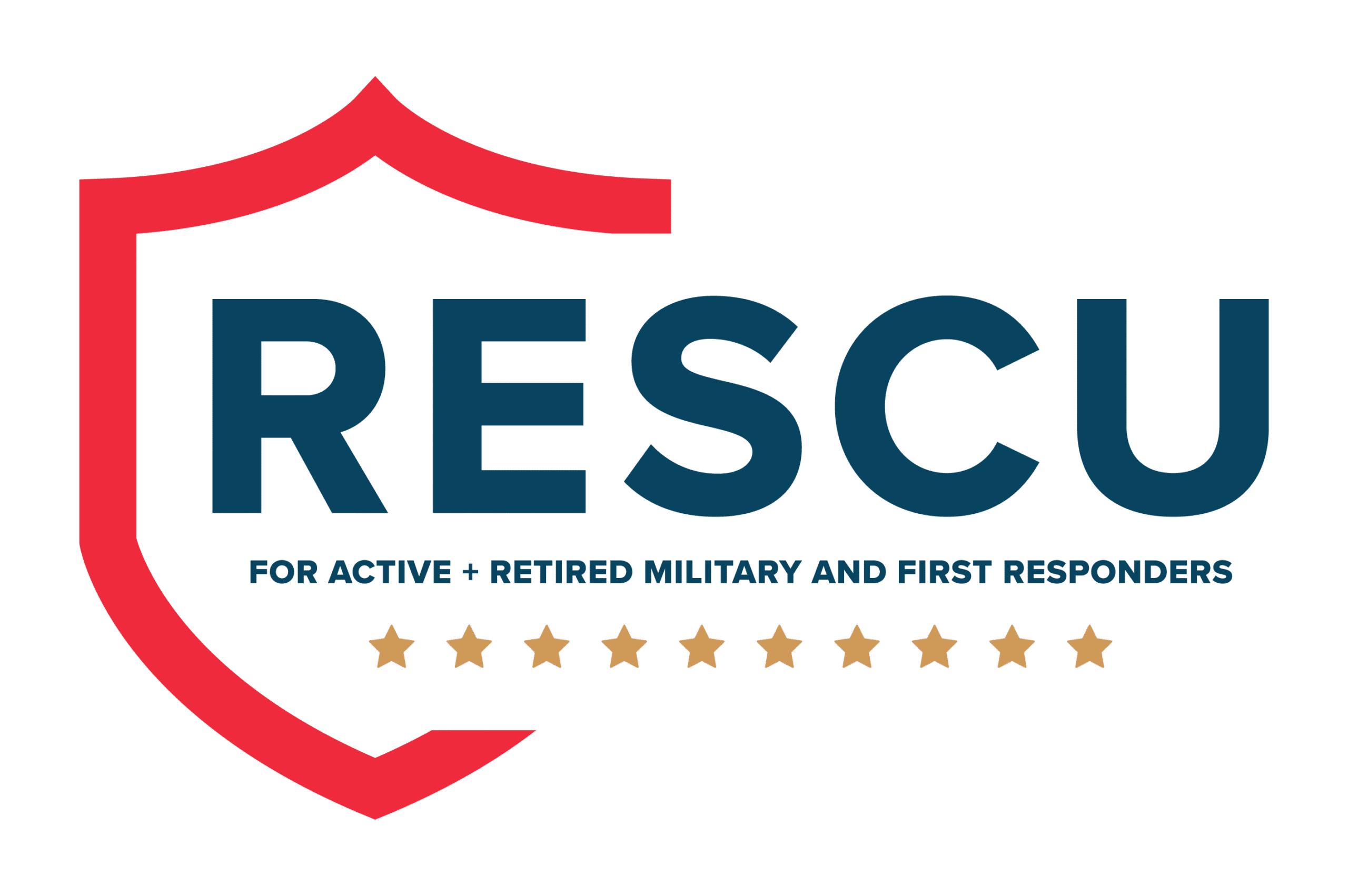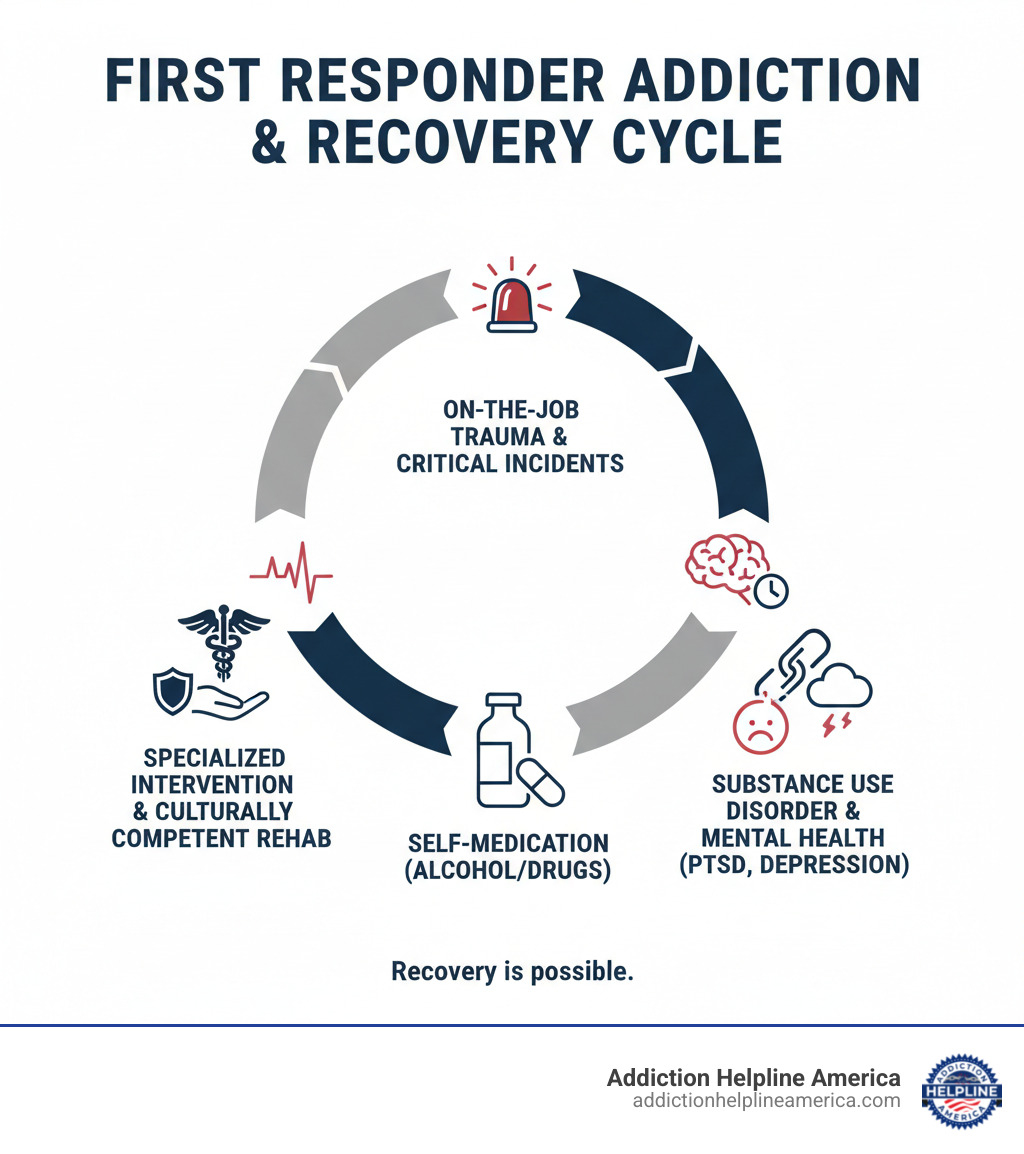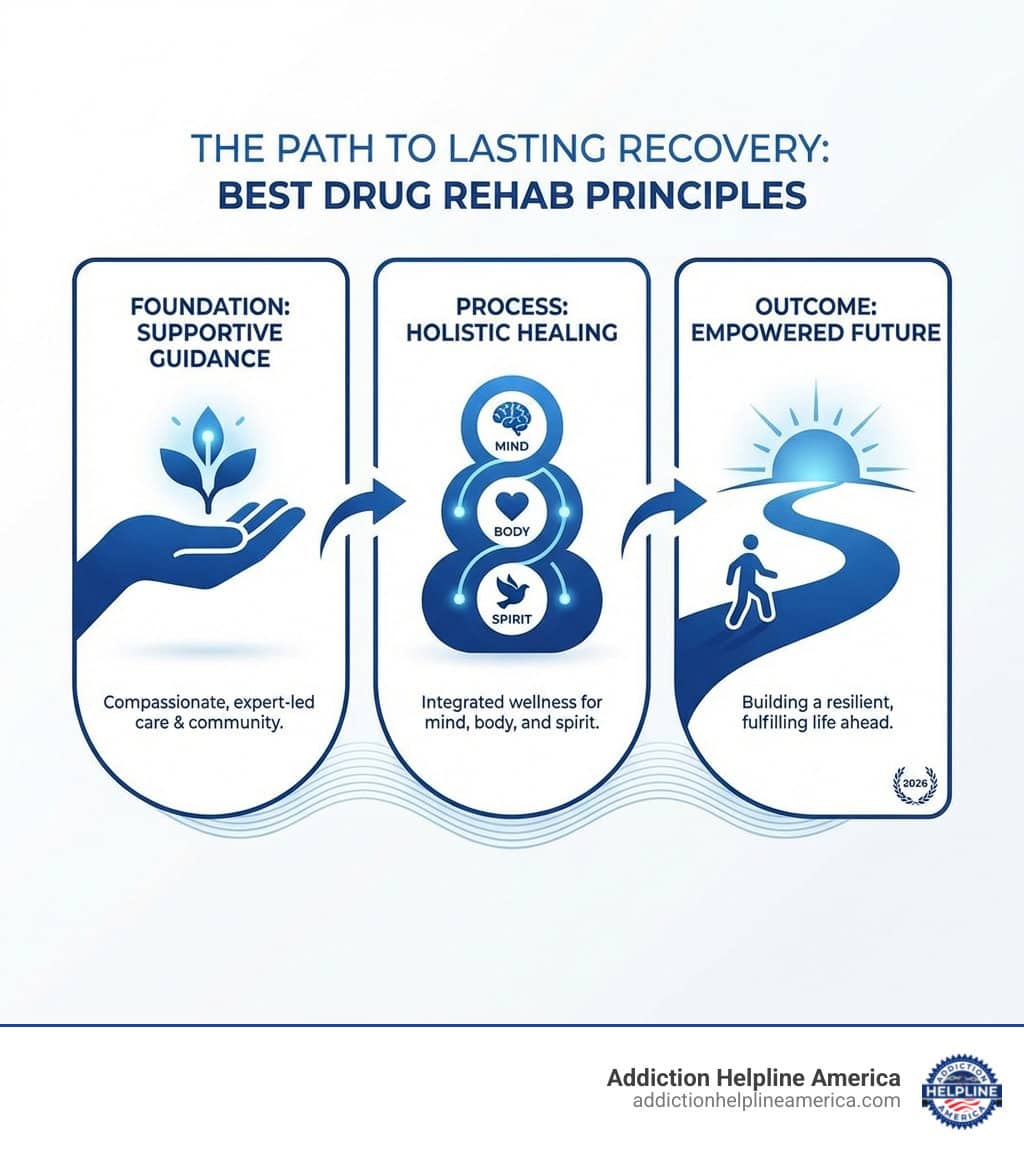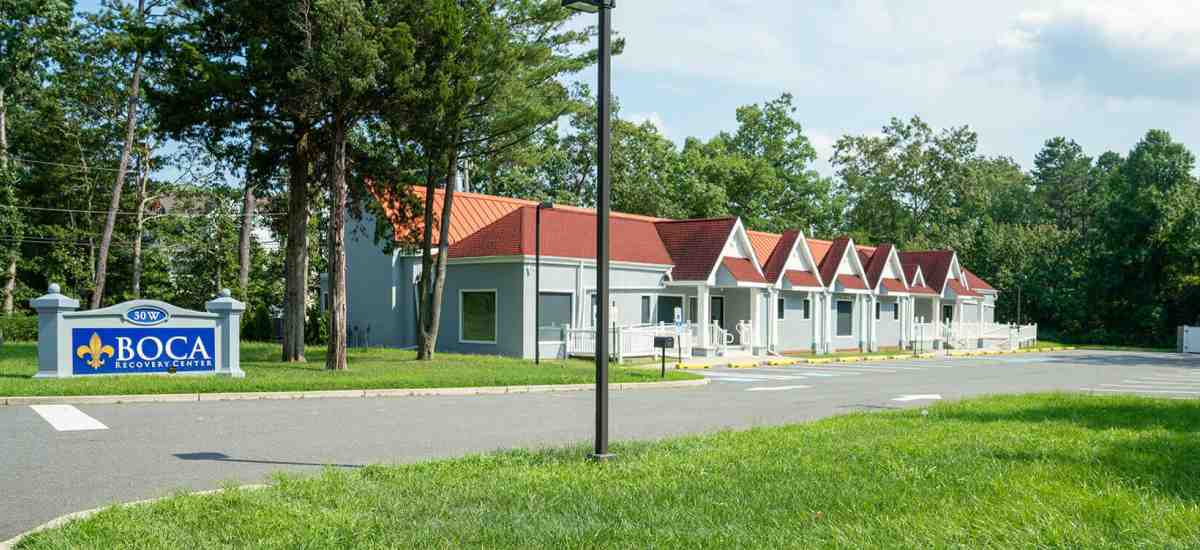
Why First Responders Face Unique Recovery Challenges
First responder rehab is specialized addiction and mental health treatment for police, firefighters, paramedics, and other emergency personnel facing unique job-related trauma. It differs from standard rehab by offering:
- An Exclusive Peer Environment: Treatment alongside others who understand the job.
- Trauma-Focused Care: Addresses PTSD, anxiety, and depression from critical incidents.
- Confidentiality: HIPAA-compliant programs that protect your career and privacy.
- Cultural Competence: Staff who understand first responder culture and barriers to care.
- A Comprehensive Approach: Treats addiction and co-occurring mental health issues together.
First responders are often the last to seek help. The traits that make them excellent at their jobs—control, self-reliance, and resilience—can become barriers to asking for support. The statistics are sobering: first responders face higher rates of PTSD, depression, and substance use disorders and are more likely to die by suicide than in the line of duty.
Stigma, fear of professional consequences, and a “tough it out” culture prevent many from reaching out. This can lead to isolation from family and friends, making the problem worse. The good news is that recovery is absolutely possible. Specialized rehab programs provide confidential, peer-supported environments where healing can happen without judgment. Whether you’re struggling with substance use, PTSD, or burnout, treatment custom to your experiences can help you rebuild your life.
At Addiction Helpline America, we connect first responders with specialized treatment programs that provide the confidential, effective care you deserve. Our team is available 24/7 to help you take the first step.

Glossary for First responder rehab:
The Invisible Wounds: Why First Responders Need Specialized Care
First responders rush into danger while others run away, but this bravery comes at a hidden cost. Constant exposure to traumatic events—car crashes, violent crimes, and natural disasters—combined with long hours and physical exhaustion, creates a perfect storm for mental health struggles. This relentless stress makes them more vulnerable to substance abuse and other issues.
As a result, first responders face much higher rates of PTSD, depression, anxiety, and Substance Use Disorder. These invisible wounds can worsen if left untreated, leading to career loss, strained family relationships, and a higher risk of suicide. In fact, first responders are more likely to die by suicide than in the line of duty, highlighting the urgent need for specialized care.
Common Barriers to Seeking Help
Despite the clear need, many first responders hesitate to ask for help due to several powerful barriers:
- Stigma in the Profession: A “tough it out” mindset can make admitting to mental health struggles feel like a sign of weakness, going against the expected image of resilience.
- Fear of Professional Consequences: Many worry that seeking treatment could jeopardize their career, leading to disciplinary action or being deemed unfit for duty.
- Culture of Self-Reliance: First responders are trained to be independent and solve problems on their own, which makes it difficult to admit when they are the ones who need help.
- Confidentiality Concerns: Trust is vital. They need assurance that their personal struggles will not be shared or used against them.
While these barriers are significant, treatment is effective and support is available. Overcoming the stigma to seek help is a sign of strength, not weakness. You can find more Information on mental illness stigma from the CDC.
Key Components of a Successful First Responder Rehab Program
A successful first responder rehab program is built to understand your unique experiences. It starts with an individualized treatment plan based on a thorough evaluation of your role, history, and recovery goals.
These programs offer a full continuum of care, allowing you to move between levels of intensity as your needs change. This includes:
- Medically Supervised Detox: A safe, monitored environment to manage withdrawal symptoms. The Detoxification Process is overseen by licensed medical professionals.
- Residential Treatment: An immersive, live-in program away from daily stressors, allowing you to focus completely on recovery.
- Outpatient Options (IOP/PHP): Flexible programs that allow you to live at home while receiving structured treatment, helping you transition back to daily life.
Crucially, effective programs have dual diagnosis capability. Many first responders use substances to self-medicate underlying conditions like PTSD or anxiety. True healing requires treating both the addiction and the co-occurring mental health issue simultaneously.
Addressing Trauma and Co-Occurring Conditions
Specialized rehab is defined by its commitment to trauma-informed care. Every aspect of the program is designed with an understanding of how trauma has shaped your worldview. This creates a safe environment for healing.
Evidence-based therapies are used to treat PTSD, anxiety, and depression. This includes Eye Movement Desensitization and Reprocessing (EMDR) to reduce the emotional charge of traumatic memories, and Cognitive Behavioral Therapy (CBT) to change negative thought patterns. You’ll also learn practical skills for anxiety management, such as mindfulness and stress reduction, to calm an overactive nervous system. This integrated approach addresses the whole picture, recognizing how your job, mental health, and substance use are interconnected. For more on this, see our guide on Treatment for Depression and Anxiety.
The Power of Peer Support and Cultural Competence
Specialized programs are often staffed by professionals with experience supporting first responders, including former first responders. They speak your language and understand the weight of your experiences, which builds immediate trust. You don’t have to waste time explaining the culture or the job; they already get it.
This creates a non-judgmental environment where seeking help is seen as an act of courage. Group therapy with peers—other officers, firefighters, and paramedics—is one of the most powerful tools. You realize you are not alone, which breaks down feelings of isolation and weakness. As one first responder said, “Being among peers means no need to explain, just space to heal.” These connections become a vital part of your long-term recovery network. For more insights, you can learn More info about specialized inpatient rehab for those in high-stress roles.
A Holistic Approach: Therapies That Heal Mind, Body, and Spirit
True recovery for first responders goes beyond just stopping substance use; it involves healing the whole person—mind, body, and spirit. Effective first responder rehab uses a holistic approach to help you find balance and build lasting resilience.
These programs combine evidence-based and experiential therapies to provide a diverse toolkit for managing stress, processing trauma, and rebuilding healthy coping mechanisms.
Evidence-Based and Experiential Therapies for First Responder Rehab
Therapeutic approaches are custom to the unique needs of first responders and may include:
- EMDR (Eye Movement Desensitization and Reprocessing): A transformative tool that helps process distressing memories and reduce their emotional weight.
- Cognitive Behavioral Therapy (CBT): Helps identify and change negative thought patterns that fuel addiction and mental health issues.
- Dialectical Behavior Therapy (DBT): Teaches practical skills for emotional regulation, distress tolerance, and mindfulness.
- Therapeutic Activities: Art or music therapy offer non-verbal ways to express feelings and process difficult experiences.
- Yoga and Meditation: Valuable practices for reducing stress, increasing mindfulness, and calming the hypervigilance common among first responders.
- Outdoor and Equine Therapy: Uses nature, physical activity, and connection with horses to build trust, communication skills, and emotional regulation.
By integrating these diverse approaches, first responder rehab promotes healing on every level. To learn more about different treatment paths, explore our guide on Types of Addiction Therapy.
Finding the Right Help: Confidentiality and Taking the First Step
Taking the first step toward healing is an act of bravery. Finding the right, confidential support is everything.
Confidentiality is a pillar of specialized first responder rehab. Reputable programs are strictly HIPAA compliant, meaning your health information is protected and cannot be shared without your permission. This privacy allows you to focus on healing without fearing professional consequences, helping to mitigate the stigma that prevents many from seeking care.
To get started, consider using your department’s Employee Assistance Program (EAP) or contacting a peer support hotline. When it comes to paying for treatment, most specialized programs verify insurance and accept a wide range of private plans. Our team at Addiction Helpline America can confidentially check your benefits and discuss financial options to ensure treatment is accessible.
What to Look for in a First Responder Rehab Facility
When choosing a facility, look for these key features:
- Exclusive Programs: Seek out facilities designed specifically for first responders. Being with peers who understand your world creates a powerful, supportive environment.
- Licensed and Credentialed Staff: Ensure the team includes qualified doctors, psychiatrists, and therapists. Cultural competence is key, so look for staff with experience working with first responders—or who are former first responders themselves.
- Low Client-to-Staff Ratio: A smaller program ensures you receive personalized treatment and individual attention, which is crucial for lasting recovery.
- Accreditations: Look for accreditations from organizations like The Joint Commission. This signifies that the facility meets high standards for care and safety.
- Safe and Private Environment: The best programs offer a comfortable, discreet setting where you can heal in tranquility, knowing your privacy is protected.
Our Find Rehab Centers Complete Guide offers more advice to help you steer this important decision.
Life After Rehab: Building a Foundation for Lasting Recovery
Leaving first responder rehab is the beginning of a new chapter. The real test is building a life in recovery while navigating the pressures of your job. This is where a strong aftercare plan becomes your roadmap.
Quality programs help you develop detailed relapse prevention strategies custom to your specific triggers, like a stressful shift or the anniversary of a traumatic call. The goal of long-term wellness is to have the tools and self-awareness to manage challenges as they arise. This involves rebuilding confidence, regaining trust with loved ones through consistent action, and thoughtfully transitioning back to work and life. Your recovery is integrated into your identity, making you stronger, not weaker.
The Role of Family and Continued Support Systems
Recovery is a team effort. Your loved ones have been on this journey, too, and involving them is vital for lasting success.
- Family Therapy and Education: These sessions help heal relationships, improve communication, and educate loved ones about addiction and trauma. When your family understands, they become powerful allies. Our guide on Helping A Loved One With Addiction offers more insights.
- Alumni and Peer Support: Many facilities offer alumni programs and connect you with ongoing peer support groups for first responders. These communities provide a lifeline of accountability, encouragement, and understanding from people who truly get it.
- Creating a Sober Network: Intentionally surrounding yourself with supportive people—therapists, sponsors, peers, and family—creates a strong web of support to hold you up during tough times. You don’t have to do this alone.
Frequently Asked Questions about First Responder Rehab
Considering treatment brings up many questions and fears. Here are answers to some of the most common concerns.
Do I need a substance abuse diagnosis to enter a first responder program?
No, not necessarily. While many programs treat addiction, a large number of specialized facilities focus primarily on trauma, PTSD, burnout, and overall mental wellness. You can seek help simply for struggling with the cumulative stress of your job. The goal is to help you regain your mental and emotional health, with or without a formal substance use diagnosis.
Will my department find out if I go to rehab?
No. Reputable programs are strictly confidential and governed by HIPAA privacy laws. Your personal health information cannot be shared with your department or supervisor without your explicit written consent. These facilities are designed to protect your career and privacy, allowing you to get well in a safe, trusted setting.
How is treatment for first responders different from standard rehab?
Treatment for first responders is fundamentally different from standard rehab in several key ways:
- Cultural Competence: Staff, who may be former first responders themselves, understand your world. They speak your language and get the unique pressures of the job.
- Peer Support: You are in treatment with other officers, firefighters, and paramedics. This shared experience creates an immediate bond and a non-judgmental environment where you don’t have to explain yourself.
- Focus on Job-Specific Trauma: Therapy is custom to address critical incident stress, cumulative trauma, and moral injury using methods like EMDR.
- Customized Therapies: Treatment leverages your inherent strengths—like resilience and a drive to take action—and channels them into your recovery.
At Addiction Helpline America, we connect first responders with programs that understand these unique needs. Our team is available 24/7 to help you explore options like those in our guide on Types of Treatment Programs.
Conclusion
First responders stand as the shield of our communities, but this heroism often comes with a hidden cost of addiction, PTSD, and other mental health struggles. As we’ve explored, specialized first responder rehab offers a unique path to healing through culturally competent care, peer support, and trauma-focused therapies.
Seeking help is not a sign of weakness; it is one of the bravest acts a first responder can take. It’s a courageous step toward recovery that honors your strength and dedication.
At Addiction Helpline America, we believe every first responder deserves confidential, effective, and compassionate care. Our mission is to connect you with specialized programs designed to help you rebuild your life and serve with renewed resilience. You don’t have to carry this burden alone. Take the first step today and let us help you find the right program. Explore different types of treatment programs to see how we can help.
Our helpline is 100%
free & confidential
If you or someone you care about is struggling with drug or alcohol addiction, we can help you explore your recovery options. Don’t face this challenge alone—seek support from us.
Programs
Resources
Will my insurance
cover addiction
treatment?
We're ready to help
Find the best
drug or alcohol treatment
center
Are you or a loved one struggling with addiction? Call today to speak to a treatment expert.














